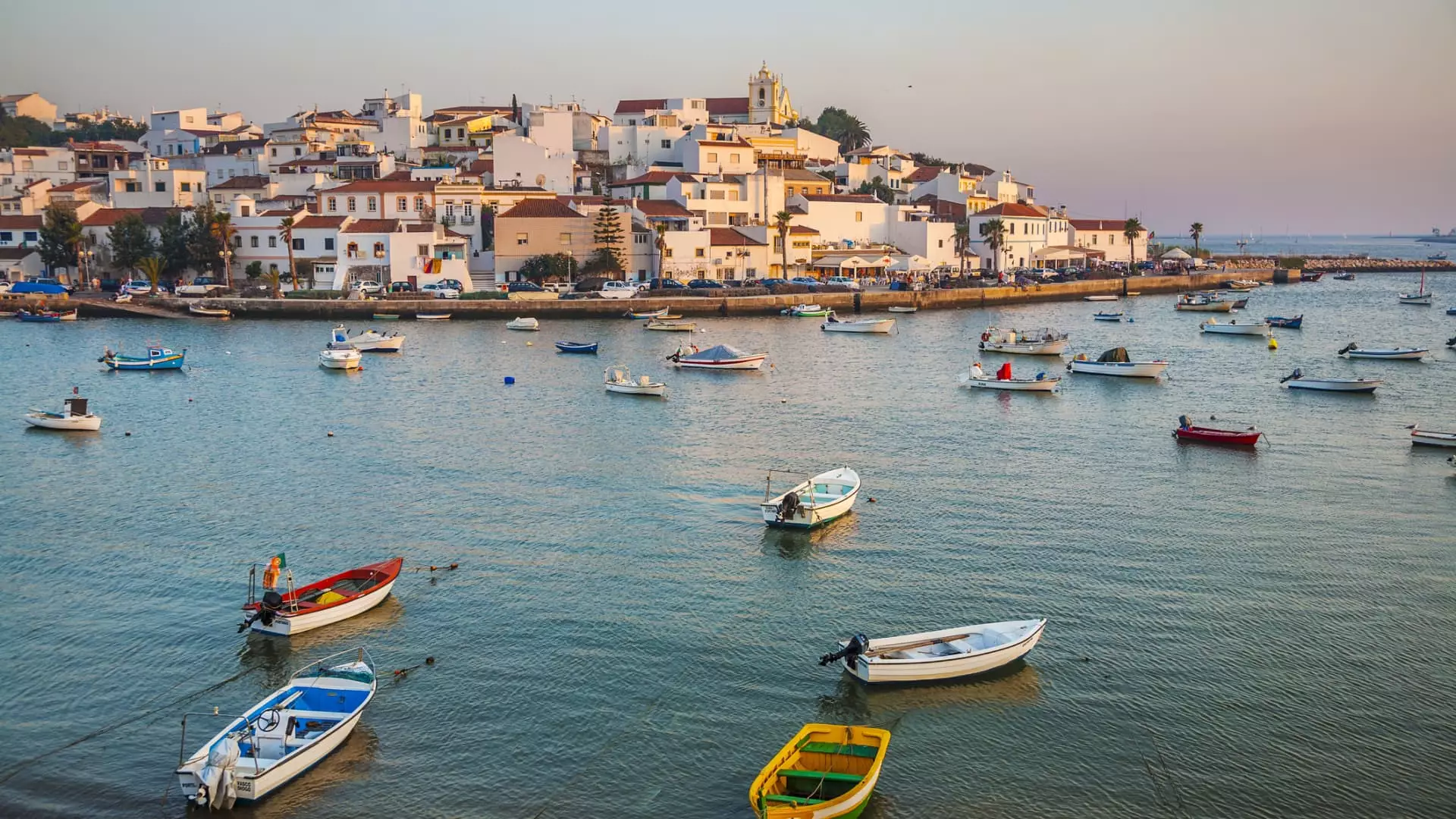The landscape of wealth management is extraordinarily dynamic, particularly in the context of political uncertainties. Recent developments indicate a notable trend among affluent Americans considering emigration, driven by fears surrounding political turmoil and social unrest. A surge in demand for alternative citizenships and long-term residencies abroad has been witnessed as the crucial election approaches, suggesting that the affluent class is contemplating a strategic retreat from the U.S., regardless of the election outcome.
Immigration experts are reporting unprecedented levels of interest in overseas residency options among high-net-worth clients. According to Dominic Volek from Henley & Partners, a global leader in residence and citizenship planning, demand for these services has intensified to unprecedented levels. The firm’s client base now finds Americans constituting the largest segment, overtaking other nationalities—an indication of the unprecedented circumstances surrounding the current political climate. Notably, Volek mentions a 30% increase in Americans seeking international relocation compared to the previous year, showcasing the heightened urgency felt by this demographic.
Similarly, immigration attorney David Lesperance has noted a striking threefold increase in Americans approaching his firm for assistance with international relocation plans. This shift underscores a growing consensus among wealthy individuals that they require a “Plan B” to safeguard their future from potential volatility stemming from election outcomes and broader societal concerns.
Historically, high-net-worth individuals often considered emigration primarily for tax benefits, but current motivations extend far beyond financial implications. Recent surveys highlight that social and political anxieties are influencing this wave of relocations. A significant segment of wealthy individuals—especially younger millionaires—is increasingly interested in pursuing residency options in countries that provide perceived safety and stability. A clear indicator of this trend is the finding that over half of American millionaires are contemplating leaving the U.S. following the elections.
Notably, the specter of societal unrest has become a central concern. The idea of living in a divided America, particularly after a contentious election, fuels apprehension among these individuals. Some are motivated by the fear of political retaliation depending on the election’s outcome, while others fret over the potential for civil discord sparked by deeply entrenched ideological divides.
For the ultra-wealthy, taking steps towards global citizenship is increasingly viewed as a safeguard—not just a luxury. They are beginning to see citizenship in one nation as a concentrated risk, prompting them to adopt strategies similar to financial diversification. Much like they manage investment portfolios, affluent individuals are amassing “passport portfolios” as a means of hedging against potential national instability.
Popular destinations include sunny European locales such as Portugal, Spain, Malta, and Greece. The appeal of these countries is not solely attributable to their climates or cultures; wealthy Americans are willing to invest significant sums—often hundreds of thousands to millions of dollars—into real estate and other investments in exchange for the security and stability that these nations promise.
The rush towards securing second passports raises questions about the future viability of these residency programs. Political pushback against what are often termed “golden visas” is gaining traction, with several European nations reevaluating their programs following significant inflows of foreign wealth. For instance, Portugal has recently altered its investment thresholds and focused on curbing the real estate market distortion created by foreign purchases, while Italy doubled its tax on overseas incomers, dissuading prospective wealthy migrants.
Malta remains a prominent option due to its investment citizenship program, albeit at a steep price tag. With costs hovering around $1 million, it continues to attract wealthy Americans keen on acquiring EU citizenship. The flexibility and travel freedom that Maltese citizenship offers, despite its legal challenges, aligns perfectly with the goals of those seeking to maintain options in an increasingly unpredictable world.
The implications of this potential mass migration are manifold, affecting not just the individuals involved, but also the U.S. economy and political landscape. As a diminishing segment of high-net-worth citizens relocates abroad, their absence could lead to a further decline in investment within the domestic economy.
Moreover, the longer citizenship and residency transactions take, especially given the swelling pool of applications post-election, the greater influence political dynamics will have on the movement of affluent individuals. Many anticipate that the results of the elections will serve as a definitive catalyst for relocation trends, pushing even more individuals to finalize their emigration plans.
The intersection of wealth and political uncertainty is reshaping how affluent Americans view their future. As they navigate this tumultuous terrain, the allure of global citizenship grows ever stronger, positioning them to reclaim a sense of stability in an uncertain world. The journey ahead remains complex, yet the motivations for seeking sanctuary abroad are clearer than ever: a quest for security amid the chaos of democratic processes.

Leave a Reply